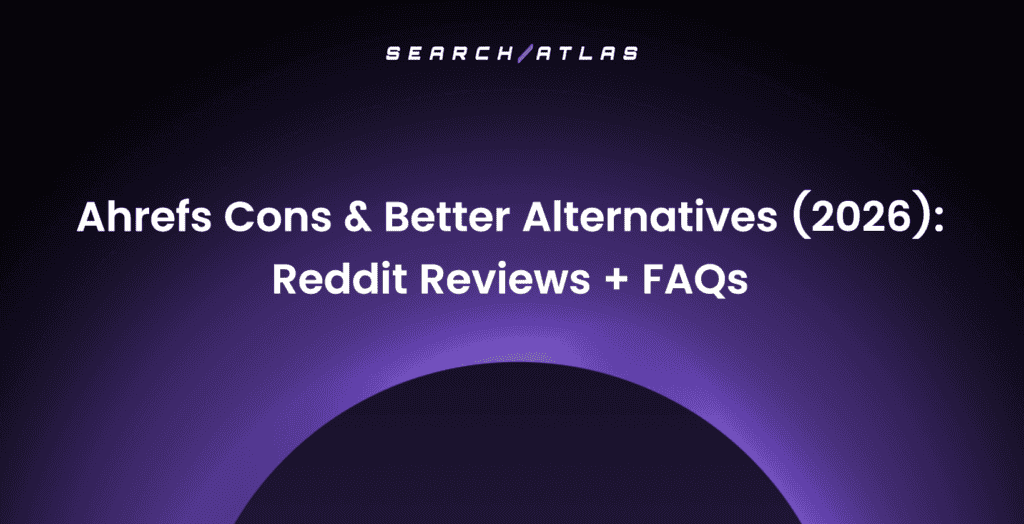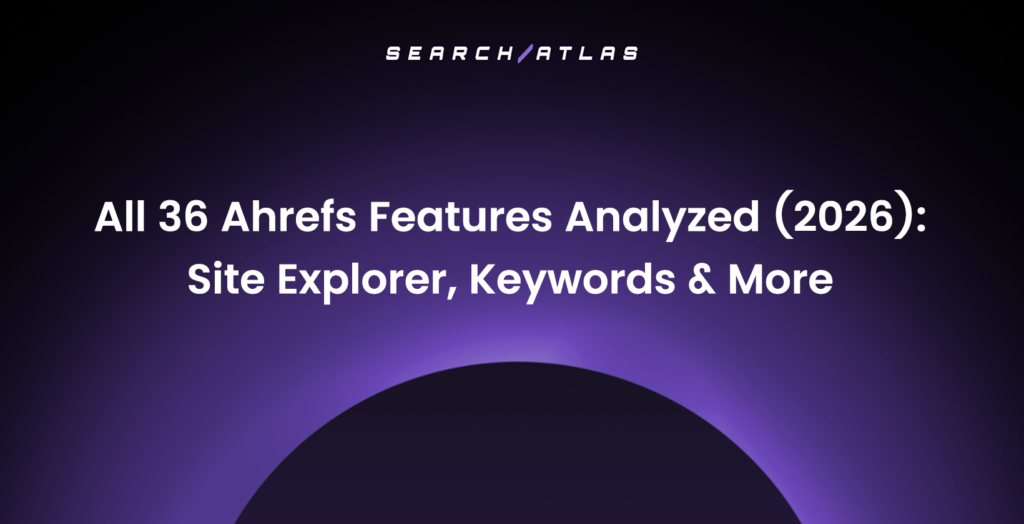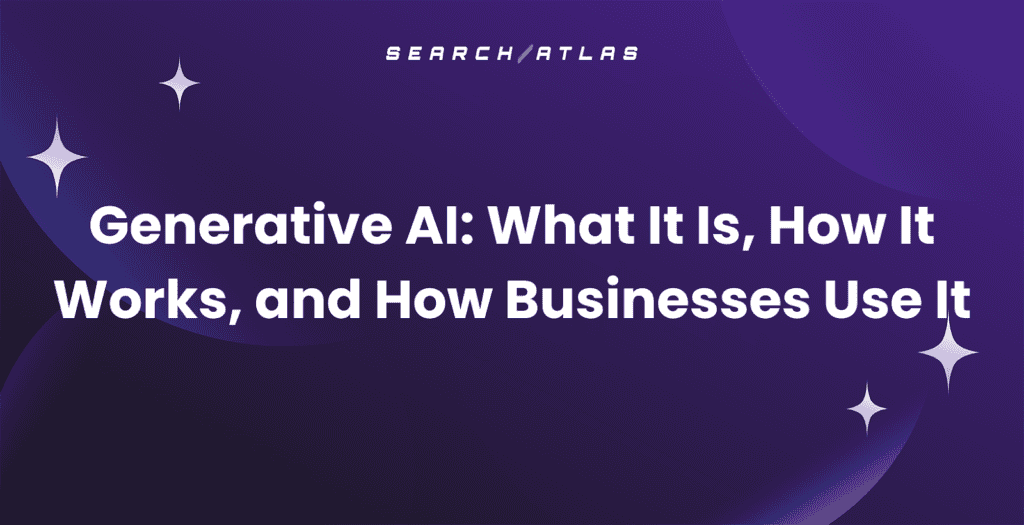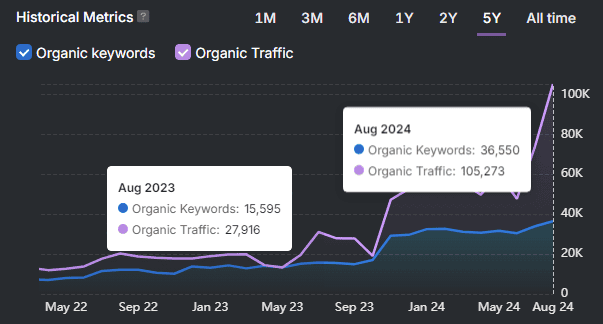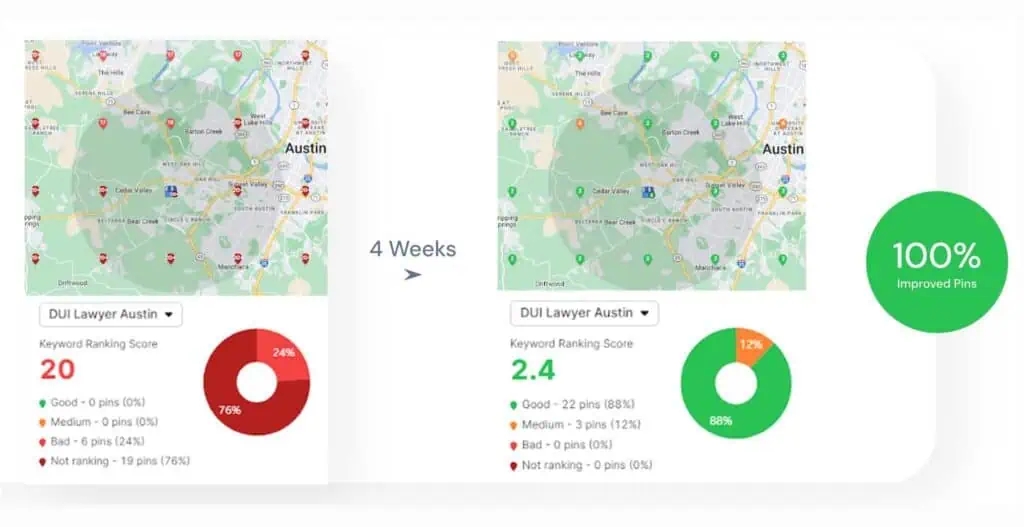Executive Summary: Is Ahrefs Worth It in 2026?
Verdict: No, not for most SEO professionals.
Rating: 7.5/10 · Price hikes up to 50% · Restrictive credit systems
✅ What Ahrefs Does Well
- 43 trillion backlink index – Largest in industry
- Daily data updates – Real-time accuracy
- 36 comprehensive features – Full SEO suite
- Brand Radar – AI visibility tracking
❌ Critical Flaws
- $129-$1,499/month – Prohibitive pricing
- Restrictive credit quotas – Usage limits
- Limited AI automation – Manual workflows
- No implementation – Research only
🚀 The Modern Alternative: Search Atlas offers similar core functionality with superior AI automation, transparent pricing ($99/mo for 2 users vs Ahrefs $129 for 1), and direct implementation capabilities that Ahrefs lacks. For most SEO workflows in 2026, Search Atlas delivers better ROI.
Read on for: What is Ahrefs, detailed pricing breakdown, pros and cons summary. For in-depth analysis, see our complete Ahrefs series.
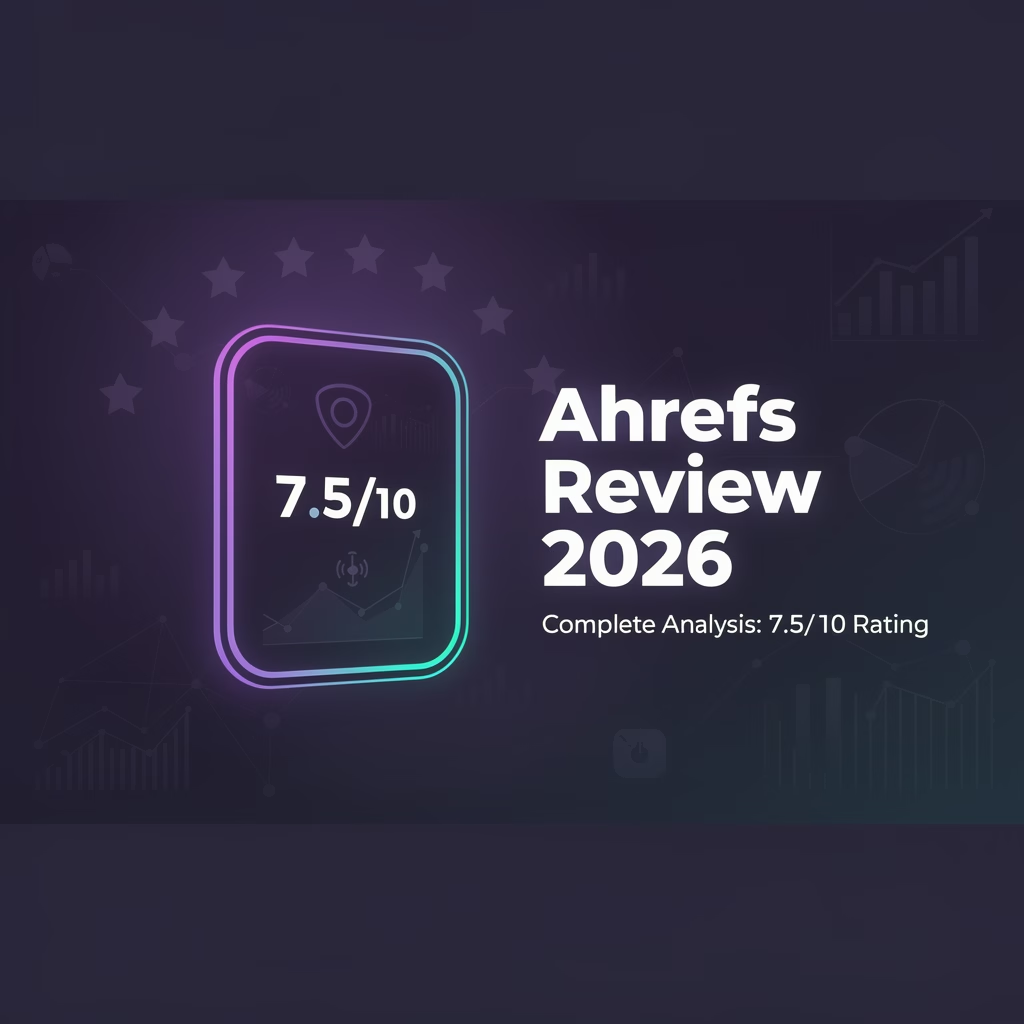
Ahrefs is a suite of SEO tools that are used to analyze websites, monitor keyword rankings, explore backlinks, and audit overall website health. Ahrefs SEO platform is designed for SEO professionals, marketers, and content creators. Ahrefs gathers data through its proprietary web crawler. The 3 main features of Ahrefs are Site Explorer, Keywords Explorer, and Content Explorer. These features allow users to understand their organic performance, identify competitor strategies, and discover new keyword opportunities.
Pricing for Ahrefs starts at a high rate compared to other SEO tools, with the Ahrefs Lite plan at $129/month, the Ahrefs Standard at $249/month, and the Ahrefs Advanced at $449/month. Ahrefs offers limited flexibility on entry-level plans and extra costs for add-ons, and the platform introduced a new, complicated usage quota.
A main pro in the Ahrefs review is its backlink tracking. A main con of Ahrefs is its premium prices. The high-cost structure makes it less accessible than alternatives, especially for long-term or budget-conscious users.

What is Ahrefs?
Ahrefs is an SEO SaaS, AI Search and marketing intelligence platform which improves website visibility and rankings on search engines (Google, Bing, Chat GPT). Ahrefs has tools for backlink analysis (Ahrefs Site Explore), keyword research (Ahrefs Keywords Explorer), rank tracking (Ahrefs Rank Tracker), and site auditing (Ahrefs Site Audit and Ahrefs Content Explorer). Digital marketers, SEO professionals, and businesses (Fortune 500 companies) use Ahrefs to analyze competitor strategies, optimize content, and enhance overall search engine performance. Ahrefs is an alternative to Search Atlas because it offers similar SEO and competitor analysis features but lacks the automation and AI-driven workflows of Search Atlas.
Ahrefs manages one of the largest backlink databases in the industry, with 28 trillion internal backlinks and 35 trillion external backlinks that are updated frequently to maintain accuracy. These massive datasets power its subscription-based platform, which offers three pricing tiers—Lite, Standard, and Advanced—designed to cater to different budgets and business needs.
What are the features and capabilities the AhrefsBot crawler provides for users? Ahrefs is powered by its own crawler, AhrefsBot, which actively scans the web at scale. The Ahrefs crawler provides users with fresh backlink data, site audits, and competitive insights that can be used to make data-driven SEO and content marketing decisions. It also supports keyword research across multiple countries and content discovery features, though some users note that the real-time reliability of these insights fall short when compared to specialized or lower-cost alternatives.
What does the Ahrefs platform focus its feature set on? The Ahrefs platform focuses its feature set primarily on backlink analysis, keyword research, content discovery, and site auditing. The primary focus of Ahrefs is on backlink analysis, which is powered by a database of 28 trillions of internal backlinks and 35 trillions of external backlinks, which are updated frequently. Ahrefs maintains a concentrated toolset that serves users whose primary need is core search optimization and does not expand into broader marketing or multi-channel analytics.
What Are the Ahrefs Pricing Plans?
Ahrefs pricing is expensive, ranging from $29/month (limited Starter plan) to $1,499/month (Enterprise). Ahrefs pricing plans include Webmaster Tools, Starter, Lite, Standard, Advanced, and Enterprise tiers. Each plan includes different project limits, keyword tracking caps, and historical data access.
💰 Select Billing Cycle
| Plan | Webmaster Tools | Starter | Lite | Standard | Advanced | Enterprise |
| Monthly | Free | $29 | $129 | $249 | $449 | $1,499 |
What factors determine Ahrefs pricing and which tools do higher-tier subscriptions unlock? Ahrefs pricing is affected by keyword tracking volume, project limits, crawl capacity, and historical depth. Higher-tier subscriptions unlock tools for content analysis, backlink segmentation, and Looker Studio integration. Each plan includes access to Site Explorer, Site Audit, Keywords Explorer, Rank Tracker, and Web Analytics.
The upgrade incentives include more tracked keywords, deeper historical data, and higher crawl credits.
| Plan | Keywords | Years of Data | Crawl Credits |
|---|---|---|---|
| Lite | 750 | 0.5 (6 months) | 100,000 |
| Standard | 2,000 | 2 | 500,000 |
| Advanced | 5,000 | 5 | 1,500,000 |
All paid plans include 1 user. Additional users cost $40 to $80 monthly, depending on the plan. The Enterprise plan includes a minimum of 3 users, with full access to historical exports, SSO (Single Sign-On), audit logs, and forecasting dashboards.
Ahrefs offers optional add-ons to extend tracking speed, AI integration, and reporting power. These add-ons are compatible with paid subscriptions only.
The available Ahrefs add-ons are listed below.
- Brand Radar AI ($199/mo per index) . Tracks brand visibility in AI-generated answers across ChatGPT, Gemini, Perplexity, and Copilot.
- Content Kit (from $99/mo). Includes AI Content Helper, Grader, and Inventory for intent-driven content improvements.
- Report Builder ($99/mo). Builds custom SEO reports with up to 200 widgets and scheduling options.
- Project Boost Pro ($20/mo per project). Enables real-time audits, IndexNow submission, and instant recrawls.
- Project Boost Max ($200/mo per project). Includes daily keyword updates, AI batch audit, and crawl speeds of 30 pages per minute.
When Was the Last Ahrefs Pricing Change?
Ahrefs pricing was last updated on April 22, 2024, with significant price hikes across all subscription plans. The Ahrefs pricing update raised plan prices and introduced stricter usage limits via a credit-based system on lower-tier plans, which made entry-level access expensive. Below is a breakdown of the changes for each plan.
- Lite plan: Increased from $99 to $129 per month (a $30 increase, roughly 30% higher).
- Standard plan: Increased from $179 to $249 per month (a $70 increase, roughly 39% higher).
- Advanced plan: Increased from $399 to $449 per month (a $50 increase, roughly 12.5% higher).
- Enterprise plan: Increased from $999 to $1,499 per month (a $500 increase, roughly 50% higher).
- Starter plan: New plan introduced in late 2024. Launched at $29 per month.
How did the new Ahrefs pricing model increase the cost for new users? Ahrefs tightened the feature access and credit limits on the Lite (and new Starter) plans along with these price increases. Under the new pricing model, Lite and Starter users have limited monthly credits for using core tools, meaning heavy usage incur extra costs. This effectively raised the overall cost of entry for users, since usage now requires moving to higher-tier (more expensive) plans or purchasing add-ons.
The following table summarizes the pricing changes from before and after the April 22, 2024 update:
| Plan | New Price (after Apr 22, 2024) | Old Price (before Apr 22, 2024) | Price Difference | % Increase |
|---|---|---|---|---|
| Starter (new) | $29/month | N/A (new plan) | – | – |
| Lite | $129/month | $99/month | +$30 | ~30% |
| Standard | $249/month | $179/month | +$70 | ~39% |
| Advanced | $449/month | $399/month | +$50 | ~13% |
| Enterprise | $1,499/month | $999/month | +$500 | ~50% |
Is Ahrefs Tool Worth the Money?
No, Ahrefs is not worth the money for most users when affordable, transparent, and automated platforms (Search Atlas) exist. For most businesses and solo marketers, Ahrefs does not offer strong value for money. Price increases, strict usage caps, and overage fees limit usability even on premium plans. Users who need maximum data, bulk export, or advanced competitor analysis often tolerate the high cost, but these needs represent a shrinking percentage of the SEO market.
What are the Pros of Ahrefs?
Ahrefs is recognized for having a large, frequently updated backlink index, with 43 trillion links that refresh regularly, giving users access to current competitive data. The platform also offers 36 different features including keyword research, site audits, rank tracking, content exploration, and competitor analysis, which allows users to execute diverse SEO strategies from one interface. Ahrefs’ user-friendly interface helps both beginners and experienced SEO professionals navigate the tool effectively.
For a detailed breakdown of all 36 features, including Site Explorer, Keywords Explorer, Content Gap analysis, and Brand Radar, read our complete features analysis →
What are the Cons of Ahrefs?
The cons of Ahrefs mainly revolve around cost, usability, and certain feature gaps that impact overall efficiency. The main cons include:
- High Pricing – Plans start at $129/month (up 30% from 2023)
- No Free Trial – Can’t test before committing financially
- Restrictive Credit System – Usage caps force expensive upgrades
- Limited AI Automation – No implementation features
- Poor Integration – Minimal connection with other tools
For in-depth cons analysis, including Reddit user feedback, customer support issues, SearchAtlas comparison, and 10+ detailed FAQ answers, read our complete cons & alternatives guide →
Final Verdict: Should You Choose Ahrefs in 2026?
For most SEO professionals: No. While Ahrefs maintains excellent data quality and comprehensive features, the 2024 pricing increases (up to 50%) and restrictive credit quotas make it prohibitively expensive for agencies, freelancers, and small teams.
Who Should Still Use Ahrefs?
- Enterprise SEO teams with unlimited budgets needing maximum backlink data depth
- Users already on legacy plans (before credit system)
- Specialists requiring specific niche features unavailable elsewhere
Who Should Choose Search Atlas Instead?
- Agencies managing multiple clients (white-label reporting included)
- Solo marketers and freelancers ($99/mo for 2 users vs $129 for 1)
- Teams wanting AI automation and direct implementation (not just research)
- Anyone seeking transparent pricing without credit quotas
Search Atlas Advantage: Similar backlink analysis + keyword research capabilities, plus superior AI automation via OTTO engine, automated workflows, white-label reports, and 23% lower cost per user. Start your free Search Atlas trial →



